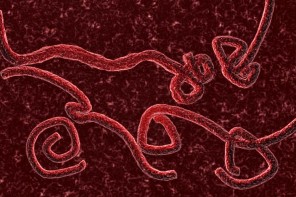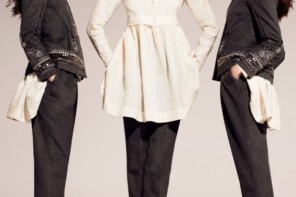Written by: Janine Erasmus
The South African wine industry is again showing its commitment to caring for the environment with the introduction of the first wine label that contains no wood fibre.
Rhebokskloof Wine estate in Paarl, Western Cape, is the first winemaker in South Africa to use wood fibre-free labels on its bottles. The winery, which has operated since 1797, produces not only a range of award-winning wines, but also olives and table grapes.
The local wine industry has already introduced green innovations such as lightweight glass bottles, carbon-neutral production processes, and the sustainability seal which assures consumers that their purchase was produced responsibly every step of the way.
Now Rhebokskloof’s Estate Shiraz 2009 will sport a label completely free of wood fibre, which means that no trees were cut down to make the paper. Instead, the label is made from sugarcane fibre.
Fast-growing sugarcane is widely cultivated in South Africa and is 100% renewable. The fibre or bagasse is a by-product of sugar refining and is all that is left after the juice has been squeezed from the sugarcane stalks, hence it doesn’t add any extra burden to the environment unlike chopping down trees for conventional labels.
“Every bit helps to preserve the environment and that is why we decided to use a new wood-free label paper called Treefree,” said Rhebokskloof MD Anton du Toit, confirming that not one tree was harmed in the manufacturing process.
Exciting development
The Treefree paper, which is available from mid-November, was developed by Paarl Labels together with UPM Raflatac, the label materials supply division of Finnish forest product company UPM.
The material is hailed as an exciting development in the local label industry, which derives a large proportion of its income from wine and beverages. The new labels are indistinguishable from any other quality label, yet they are completely harmless in ecological terms.
Paarl Labels claims that the Treefree label will not suffer the fate of many other labels after sitting for hours in an ice bucket, and will still look fresh and undamaged despite its soggy surroundings.
The paper weighs 110 grams per square metre and has an uncoated surface, which gives it a natural feel and a neutral, earthy colour. The colour can be subtly altered according to the client’s preference.
Treefree is suitable for additional processes such as screen printing and hot-stamp foiling, and is coated with a permanent acrylic adhesive which holds well to a glass surface even when wet. Paarl Labels is confident that, should there be sufficient demand for Treefree on plastic bottles, they will be able to rise to the challenge.
It is a relatively heavy paper and, said Paarl Labels MD Callie de Wet, may not be suitable for small, thin bottles such as those used for miniatures.
“We recommend a proper test process before Treefree gets selected for any of these sharp curved applications,” said De Wet.
He said that the launch of the Treefree label is another step forward for Paarl Labels’ commitment to responsible printing, and will give their clients the peace of mind of knowing that they are contributing towards care of the environment.
Source: www.mediaclubsouthafrica.com
The liveeco team




